Why Is Your Pregnant Cat Hyperactive and Restless?
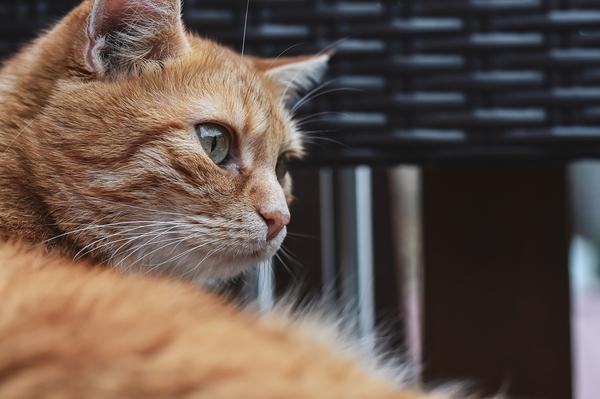
Feeling like your pregnant cat is going bonkers?
Pacing, pouncing, and driving you up the wall? 😸
Trust me, I get it.
Ever thought, "What on earth is going on?"
Well, buckle up, pals.
Let's find out together.
Causes of Hyperactivity and Restlessness in Pregnant Cats
Here are 11 things that can make your pregnant cat hyper and restless:
- How old she is.
- Younger cats tend to have more energy.
- Her personality plays a role too.
- If she has any underlying health issues, that could be a factor.
- Fleas! They can really drive her crazy.
- Watch out for excessive biting, itching, hair loss, or open wounds caused by those pesky fleas.
- Feline hyperesthesia syndrome (FHS) can also make her touch-sensitive and prone to self-harm.
- Older cats might have hyperthyroidism, which can amp up their activity levels.
- Diet matters – make sure she's getting balanced and high-quality food.
- Speaking of diet, it can affect her behavior too.
- A little hyperactivity is normal for pregnant cats, but if it's constant, she might be anxious or have a compulsive disorder.
If your pregnant cat is bouncing off the walls, consider these factors and talk to a vet for proper diagnosis and help. 😺
Main points I'll expand upon further down this article:
- Pregnant cats may experience abnormal hyperactivity and restlessness.
- Behavioral changes in pregnant cats include natural instincts and preparation for labor.
- Physical changes in pregnant cats include darker nipples, weight gain, and increased appetite.
- Provide a safe and stimulating environment with toys and outdoor activities.
- Schedule playtime and use cat-friendly toys to reduce hyperactivity.
- Regular exercise and a calm environment help reduce restlessness.
- Handle the pregnant cat gently and avoid picking her up to alleviate stress.
- Provide a well-balanced diet and seek veterinary advice for feeding and treatments.
- Consult a vet if your pregnant cat's hyperactivity is excessive or abnormal.
- Consider having your cat neutered to prevent unplanned pregnancies.
But what about fleas?
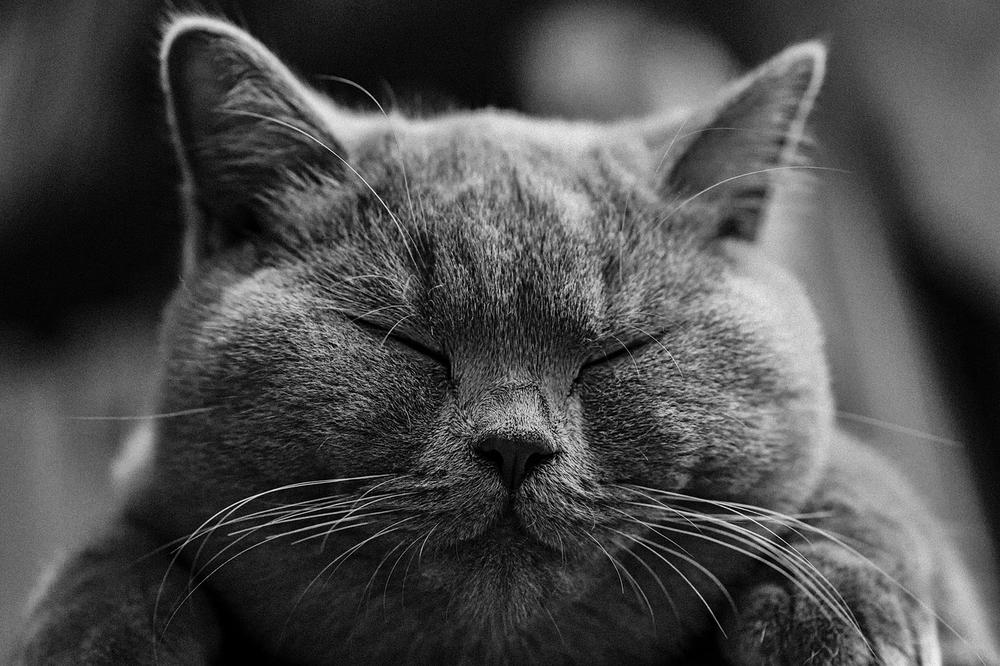
Did you know that these tiny pests can cause excessive biting, itching, and even hair loss in pregnant cats?
This discomfort often leads to the development of open wounds, which can explain why your feline friend may be unusually hyperactive and restless...
Excessive Activity and Agitation During Pregnancy in Felines
Pregnant cats suffer greatly from the torment of fleas.
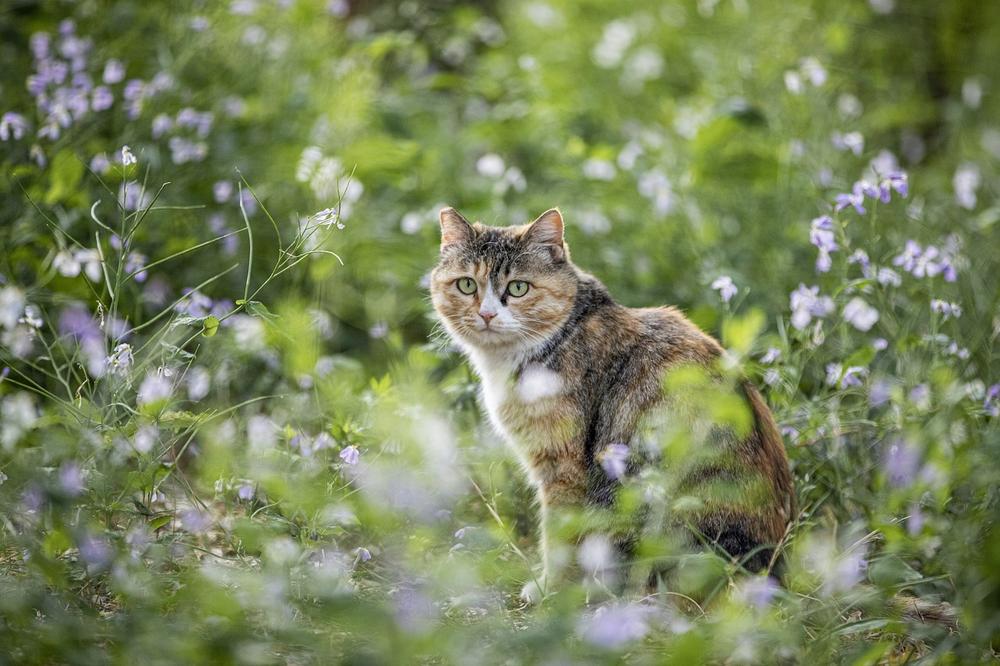
These pesky creatures bring nothing but relentless biting, incessant itching, and even hair loss upon these feline mothers-to-be.
Their constant irritation can escalate to the point where open wounds begin to form, adding to their misery. Consequently, pregnant cats, overcome by this discomfort, often exhibit abnormal hyperactivity and restless behavior, searching for relief that seems elusive.
You have to take swift action against fleas to alleviate the suffering endured during such a delicate phase. After all, a serene and healthy mommy cat means happier little ones.
Common Behavioral Changes During Pregnancy
Common Behavioral Changes During Pregnancy in Cats
When cats are pregnant, they go through some changes that might confuse you.
But don't worry, it's all part of the process.
Let me explain.
Increased Energy Levels and Restlessness
Pregnant cats can become very energetic.
It's because of all those hormones flowing in their bodies.
They might seem more active than usual, darting around or playing a lot.
It's totally normal during this exciting time.
Preparations for Labor and Nesting
As your cat gets closer to giving birth, she will start getting ready by nesting.
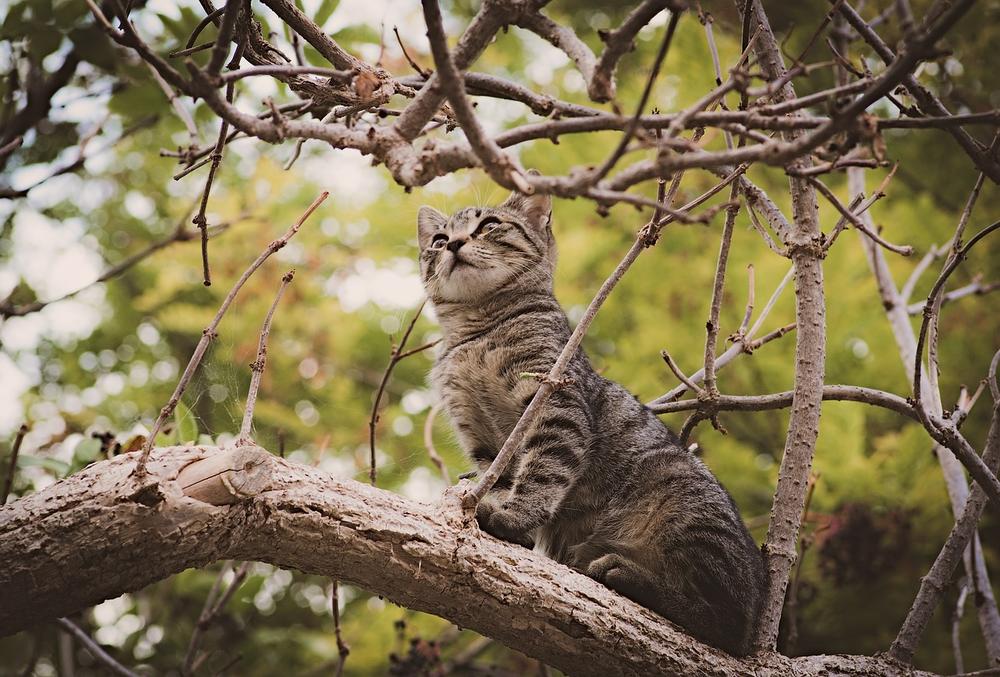
This means finding cozy spots to create a comfortable space for herself and her kittens. She might rearrange blankets, pillows, or even steal your favorite sweater to make her nest.
And she may want more attention from you, wanting extra petting and cuddles.
So get ready to shower her with love!
Physical Changes and Motherly Instincts
Apart from these behavioral changes, there are also some physical changes you may notice.
As her body prepares to nurse the kittens, her nipples will darken and become bigger. You might also see her gaining weight and eating more.
Every cat is different, so not all of these things may happen, but knowing what to expect will help you understand your cat better during her pregnancy journey.
And if you're wondering why your pregnant cat is meowing excessively, I have just the guide for you.
To better understand the reasons behind this behavior and find possible solutions, be sure to check out my blog post, Pregnant Cat Keeps Meowing.
Trust me, you won't want to miss out on this essential information.
Managing Hyperactivity and Restlessness in Pregnant Cats
Here's how you can manage hyperactivity and restlessness in pregnant cats:
- Make sure their surroundings are safe and interesting.
- Get toys specifically made for cats to play with.
- Set a regular schedule for playtime.
- Keep the kitty gang together and happy if you have more than one cat.
- Take them outside for activities, but only if it's safe.
- Create a calm and peaceful atmosphere at home.
- Handle your pregnant cat gently, giving her all the love and care she needs.
- Build a birthing box that promotes relaxation.
- Feed them a well-balanced diet to keep them healthy.
- Don't forget to take them to the vet regularly.
Now, when it comes to environmental risks, be cautious.
Also, consider these extra tips:
- Get advice from a vet on what to feed and how to handle treatments.
- Use flea and worm treatments that are safe during pregnancy.
- Talk to your vet about neutering options after the birth of the kittens.
By following these steps, you can help keep your pregnant cat calm, minimize hyperactivity, and ensure a smooth and stress-free pregnancy.
But what if your pregnant cat's hyperactivity and restlessness seem excessive or abnormal?
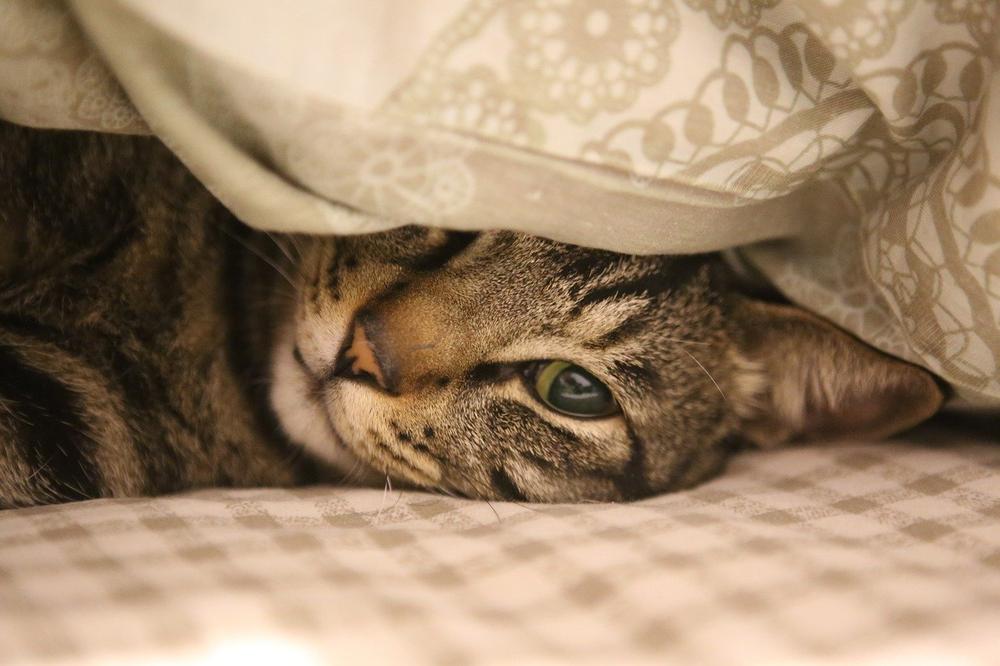
Well, it could be a sign of stress or an underlying health issue!
In such cases, seeking veterinary attention is crucial for proper diagnosis and treatment.
Monitoring your cat's behavior closely during pregnancy is essential to ensure there are no complications or distress.
And did you know that early neutering can actually prevent unplanned pregnancies?
Plus, keep an eye out for that red-colored discharge near the vulva—it might mean your cat is about to give birth!
When to Be Concerned About Hyperactivity and Restlessness in Pregnant Cats
When it comes to hyperactivity and restlessness in pregnant cats, you ought to pay attention!
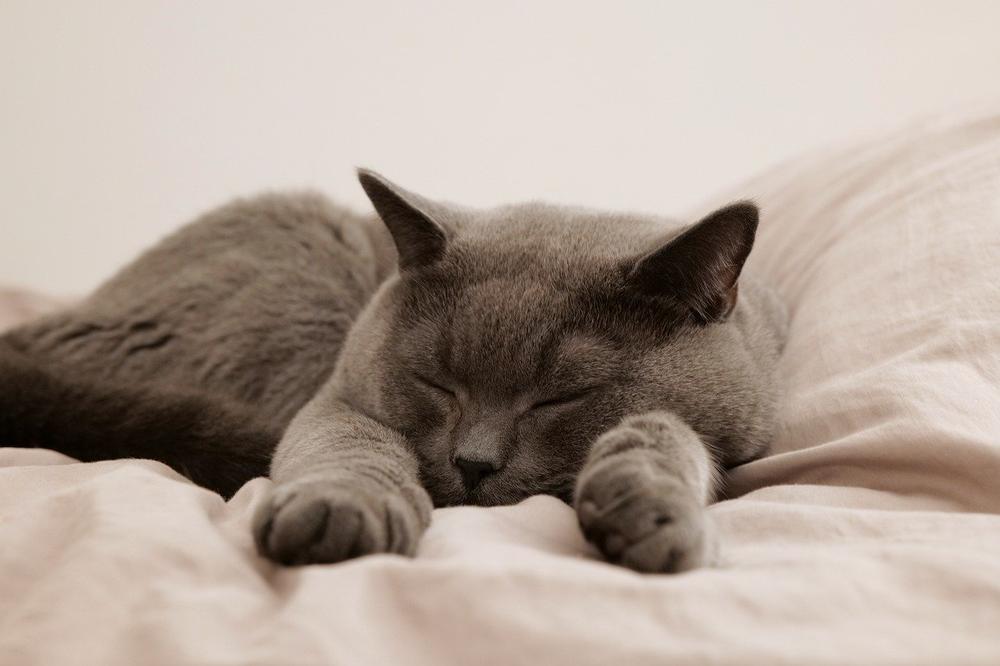
Here are some key points:
- If your cat displays excessive hyperactivity or restlessness during her pregnancy, seek veterinary attention.
- Hyperactivity may be a sign of stress or an underlying health issue that requires professional help.
- Monitor your cat's behavior closely to ensure she is not experiencing distress or complications.
- Consult a vet if the hyperactivity and restlessness appear abnormal for her pregnancy stage.
- Consider early neutering to prevent unplanned pregnancies before four months of age.
- A red-colored discharge near the cat's vulva could be a sign that she is about to give birth.
Always prioritize your cat's health and seek advice when needed.
And now, let's dive into the timeline of a cat's pregnancy journey. I'll enlighten you on the typical duration and what to expect as your feline friend approaches her big day...
How Long Does Pregnancy Last in Cats?
The duration of a cat's pregnancy can vary, with an average length of 63 days. However, you have to note that each cat is unique, and some may give birth a few days later. If there are no signs of labor after 70 days, consult a vet for guidance.
Imagine this:
Your cat's baby-making journey lasts about nine weeks.
It's like a tiny feline production line going on inside her.
But hold up, my friend – don't get too comfortable with that timeframe. You see, every cat is different, so forget setting your watch by it. Your furry mama might pop those kittens out earlier or later than the average 63 days. So keep an eye out for any signs of labor – restless pacing and excessive meowing are their way of saying, "Hey you, brace yourself for some cute bundles of joy!" But here's the kicker:
Even after those long weeks, your kitty might still make you wait.
So don't panic if there's extra waiting involved. Some cats won't give birth until a few days past that 63-day mark.
Just stay patient and supportive (and maybe get more toys to distract yourself from the anticipation).
Now, if your pregnant cat shows zero sign of giving birth beyond 70 days, it's definitely wise to reach out to your vet.
They'll provide expert guidance and ensure Mama Cat and her little ones are doing just fine.
And voila!
Now you're in the know about the ins and outs of a cat's pregnancy timeline.
Pretty exciting stuff, huh?
And that wraps up today's article.
If you wish to read more of my useful articles, I recommend you check out some of these: Pregnant Cat Calling as if in Heat, Pregnant Cat Kneading, Male Cat Attacking Pregnant Female, Pregnant Cat Rolling on Back, and Mother Cat Biting Kittens Neck
Talk soon,
-Sarah Davis